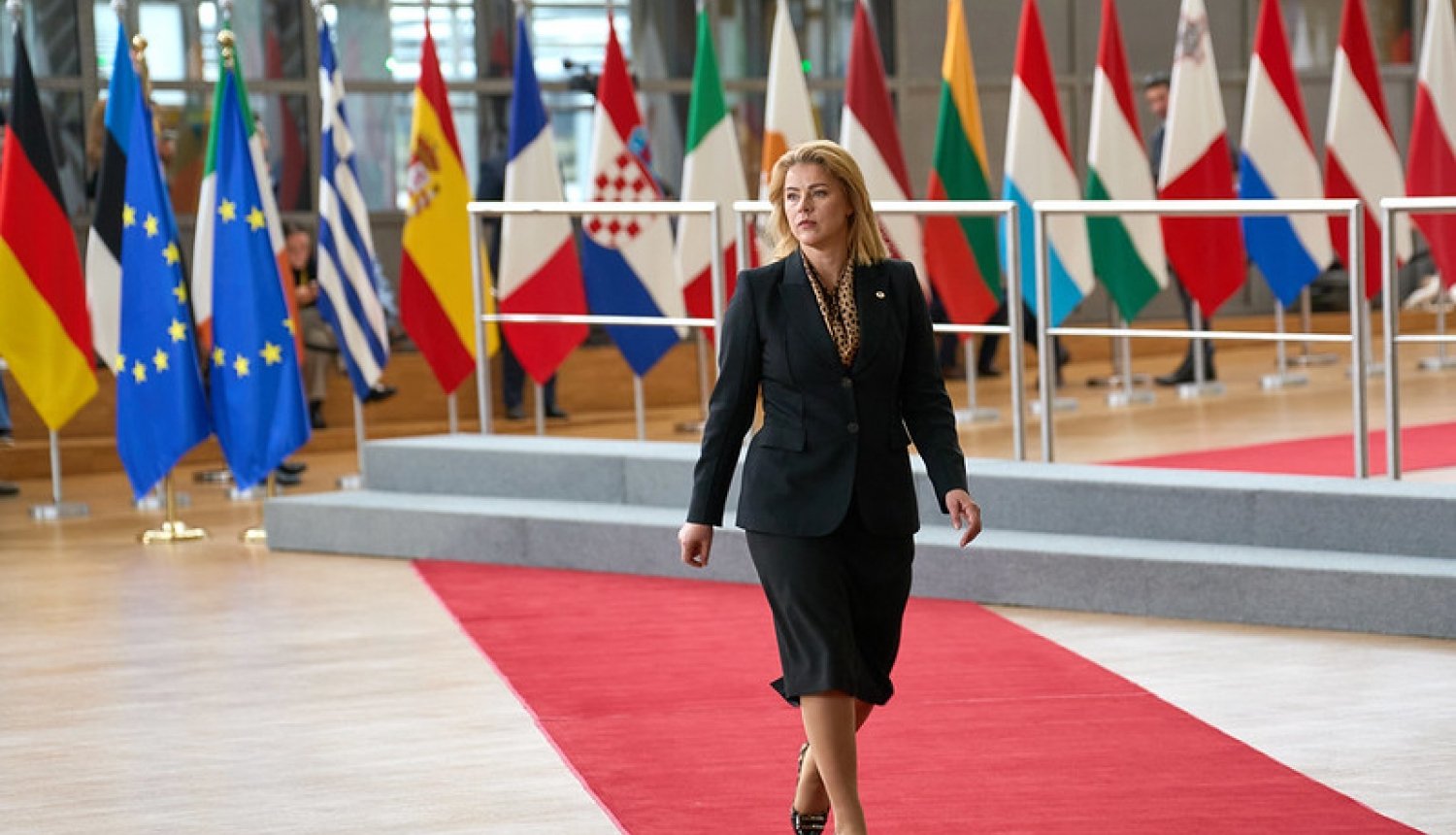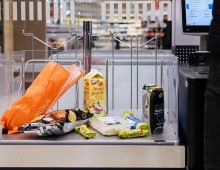“Clear decisions on the way forward are needed to tackle migration problems in the EU. This is a matter of our security,” stressed Prime Minister Evika Siliņa at the European Council meeting in Brussels.
Migration was one of the key issues discussed by the EU leaders at the European Council. During the discussions, the participants of the meeting reached a common understanding on the security risks posed by migration, which require comprehensive solutions. The leaders of the Baltic States and Poland focused in particular on the hybrid threat posed by Belarus that uses migrants as a tool to create tensions at the EU’s external border.
“Member States face different challenges related to migration, however, European leaders share the view that common solutions must be found. Latvia has previously drawn attention at the European level to the challenges faced by the Baltic States, Poland and Finland. The aggressor state Belarus is using migrants as weapons of hybrid warfare, exerting pressure on our borders. A strong EU’s external border is crucial to keep internal borders open. This is why we need legal instruments to protect ourselves from the hybrid threat posed by aggressor countries,” emphasized E. Siliņa.
Support to Ukraine in its fight against Russia’s aggression was also on the EU leaders’ agenda. The President of Ukraine Volodymyr Zelenskyy attended the European Council and presented Ukraine’s victory plan to the EU leaders. “The aim of the proposed plan is a just and lasting peace, and all the necessary steps must be taken to ensure that Ukraine achieves this goal,” emphasizes E. Siliņa.
In addition to the discussion on the roadmap to Ukraine’s victory, the EU leaders agreed on the need for new sanctions against Russia and Belarus. They also reached an agreement on the need to task the European Commission with extending the list of Belarusian and Russian agricultural products subject to high customs tariffs. In March this year, Latvia succeeded in the European Council in restricting imports of grain and other agricultural products from the aggressor countries into the EU by imposing high customs tariffs. This makes the import of these goods into the EU as unprofitable as possible and reduces the aggressor countries’ income. According to E. Siliņa, this solution has yielded results, but new products should be added to the list of items subject to high customs tariffs.
The leaders also addressed the conflict in the Middle East and the challenges facing Georgia and Moldova on their path towards EU accession.
Source: mk.gov.lv


















